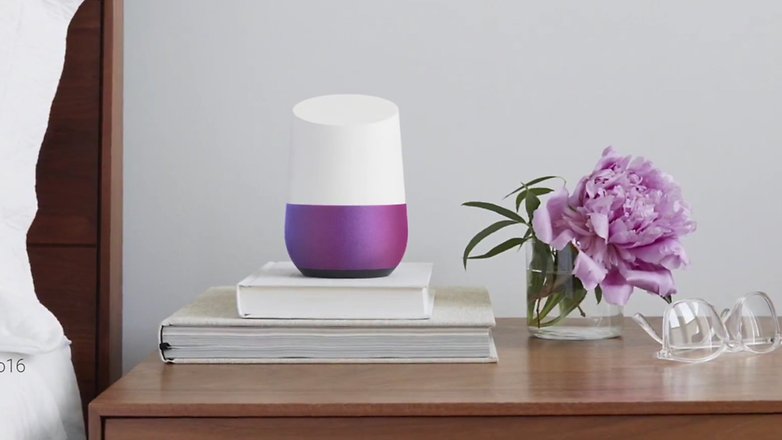Digital assistants are going to be one of the main tech trends of 2017, just as smartwatches were the "next big thing" in 2014 and 2015. The path to ubiquity isn't always smooth. There are lots of bumps along the way that keep users from jumping on the bandwagon immediately. What challenges lie ahead for this technology? We'll explore the future of AI in this article.

What are the big technology companies doing with AI?
Digital AI assistants will be everywhere soon. Need some examples? Here you go: Google Assistant, Siri (Apple), Cortana(Microsoft), Alexa (Amazon Echo, also on Huawei smartphones in the US), Bixby (Samsung) and Viki (Nokia). HTC and Sony will also have AI assistants in their products, too. The list keeps on growing.

Behind all of these services is one principle: machine learning. These assistants generate suggestions and recommendations based on context from all sources of information available to them. These operations are completed thanks to natural language processing capabilities, and the platforms are used as the master control center of the smarthome. Amazon Echo and Google Home, for example, can control many smarthome gadgets. And, Samsung has announced that Bixby will be compatible with third-party hardware to provide additional features.
The advertisements that showcase the products look nice. The assistant is shown as a part of family life, reminding a parent about appointments, ordering meals for the family and planning recipes. Check out the following videos which show Google and Amazon's vision for how Assistant and Alexa will fit into our everyday lives.
Google Home
Google Assistant
Alexa: this is the vision of Amazon
This is all very practical, and so 2017 will be the year of digital assistants. These promotional videos make it look great, in theory, but in practice things are a little more complicated. Since these platforms are based on machine learning and are constantly evolving, they will never be a totally finished product, and as such will be difficult to compare and evaluate fairly. It will also present us with new challenges related to data protection.
Data protection is going to be difficult
All digital assistants have one thing in common: they're only really useful when a user goes "all in" with their personal data. This can have serious consequences.
1. Reporting and comparing will be considerably more difficult
This issue is of primary concern to those of us who write about technology for a living: how can you compare two digital assistants? The technology is ever-improving because it is based on machine learning, and each person uses it differently since it is so personalized to a user's life and environment. That makes is nearly impossible to answer the question of whether Cortana is better than Alexa, or if Google Assistant gives better recommendations than Bixby. These valid questions will be unanswerable. Without being able to provide answers to potential users, those thinking of buying these products will be left to test them on their own, and that has its own set of issues.
2. Test driving the technology? Not so fast
Of concern to users, it's going to be nearly impossible to evaluate one of these services without giving it all of your personal information just to test how well it works. You'll have to give it access to your shopping list, calendar, locations of your home and work, plus your habits and favorite entertainment choices. The value of this is that it can give more personalized recommendations and services over time if the assistant knows a lot about you. But is the convenience of a more personalized movie recommendation worth giving up all your personal privacy to a corporation?
3. Privacy and security of your commands
Data protectionists must all be on edge. Companies will gather and analyze your data, creating massive profiles of millions of people built from stockpiles of deeply personal information. Companies always say the data is kept safe. But how can we be certain of that? We can't. No system is 100 percent secure. Accounts can be compromised. You probably heard this happened to Yahoo recently.
A lot of the personal information which would be collected is already stored somewhere across many services like Google Maps, Amazon, Facebook, etc. Having an AI assistant would just centralize a lot of information about you. Companies can make a lot of money by using targeted marketing to sell you products, so their motives aren't necessarily to make your life more convenient with a personal assistant either.
Conclusions
The fact is this: manufacturers will be pushing digital assistants onto the market. We saw this at CES, where there were announcements featuring Amazon's Alexa everywhere.
Will users adopt this technology? Will they see the value it provides as practical for their everyday lives? Will people choose practicality over privacy? This will be an interesting debate in 2017.
What do you think of AI assistants? Are you skeptical or a supporter? Tell us your thoughts in the comments.
0 comments:
Post a Comment